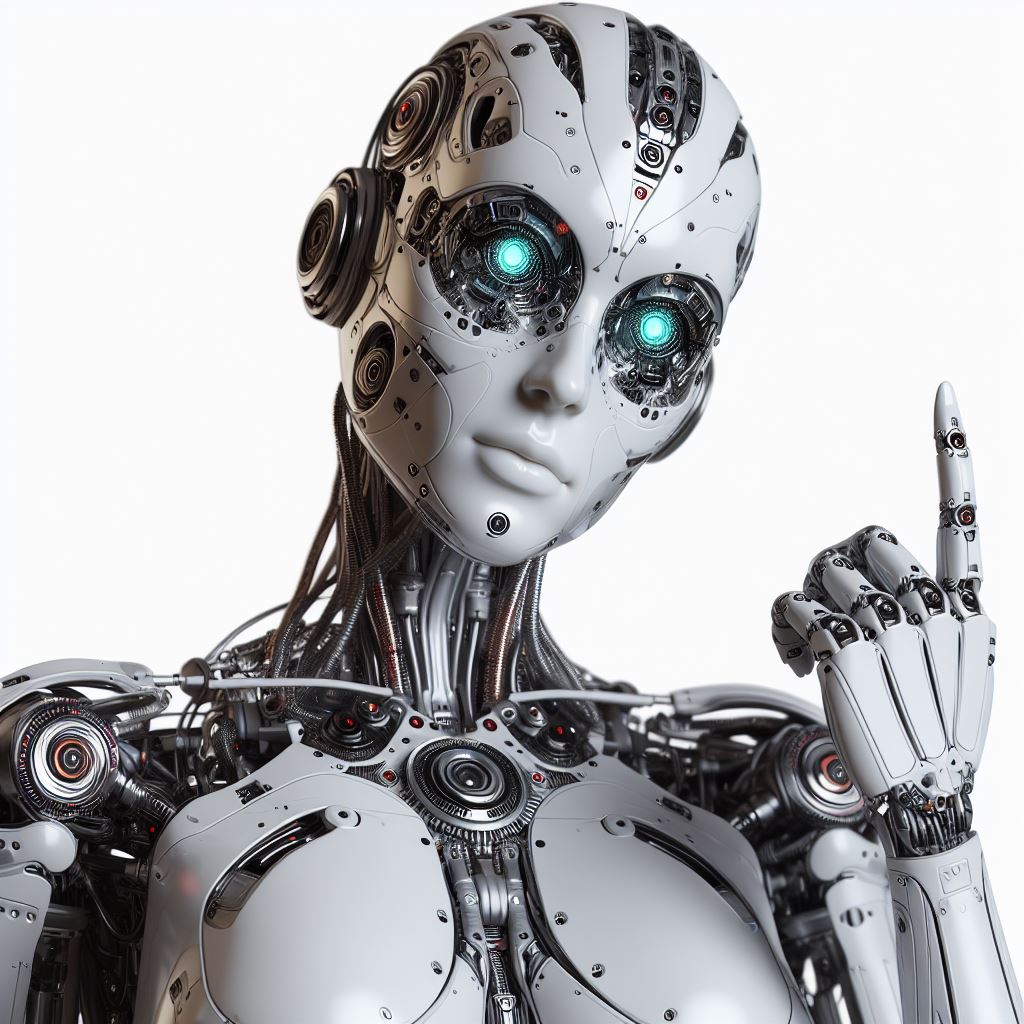Home automation has rapidly transformed the way we live, bringing convenience, efficiency, and security to our daily routines. With the integration of Machine Learning (ML) and Artificial Intelligence (AI) into smart devices, home automation is becoming more intuitive, adaptive, and user-centric. In this article, we will explore how these cutting-edge technologies are revolutionizing home automation, creating smarter, more responsive homes.
The Rise of Machine Learning and AI in Home Automation
Machine Learning and Artificial Intelligence are at the core of modern home automation. While traditional home automation systems follow pre-programmed commands, ML and AI-powered devices learn from the environment and user behavior, making them much more efficient and personalized. These systems can predict your needs, adjust settings based on your preferences, and even optimize energy usage, all while becoming smarter over time.
For instance, AI-driven thermostats learn your schedule and adjust heating or cooling accordingly, providing comfort while reducing energy consumption. Similarly, ML-powered lighting systems can automatically adjust brightness based on the time of day or detect when a room is empty and dim the lights to save energy.
Smart Devices That Utilize AI and ML
One of the most significant advances in home automation is the development of AI and ML-powered devices that make everyday life more convenient and sustainable. Some of the most popular devices include:
Smart Speakers and Assistants: Devices like Amazon Echo and Google Home leverage AI to understand voice commands and learn user preferences over time. These devices can control other smart devices, play music, provide weather updates, and more, all through natural language processing.
AI-Driven Security Cameras: Modern security systems now use AI to analyze video footage, detect unusual behavior, and alert homeowners in real-time. These systems can differentiate between a family member, a visitor, and a potential intruder, reducing false alarms.
Smart Refrigerators and Appliances: Using ML algorithms, appliances like refrigerators can track your food inventory, suggest recipes, and even order groceries. These devices continuously adapt to your habits, making your home more efficient.
Intelligent Lighting Systems: ML-powered lighting systems automatically adjust brightness and color temperature based on your lifestyle. Whether you need bright light for reading or dim light for relaxation, these systems learn and adapt accordingly.
Smart Thermostats: AI-enabled thermostats like Nest or Ecobee use machine learning to learn your temperature preferences, adjusting settings to optimize comfort and energy savings throughout the day.
Benefits of ML and AI in Home Automation
The incorporation of ML and AI into home automation brings numerous benefits:
Personalization: AI devices learn your preferences and habits, providing a customized experience. Whether it’s adjusting the thermostat, controlling lights, or playing your favorite playlist, everything is tailored to you.
Energy Efficiency: AI and ML algorithms optimize energy use by learning when to turn off devices or adjust settings. This can significantly reduce energy consumption, saving money and contributing to environmental sustainability.
Convenience: With smart devices constantly learning and adapting, they offer unparalleled convenience. You no longer have to manually adjust settings, as your devices will do it automatically based on your behavior and preferences.
Enhanced Security: AI-powered security systems can identify threats more accurately and quickly than traditional systems, providing greater peace of mind. These systems can even notify you of potential risks before they escalate.
Seamless Integration: AI and ML devices work together harmoniously, allowing for seamless integration across all devices in the home. This interconnectedness enhances the overall smart home experience.
Challenges and Future Prospects
While the potential of AI and ML in home automation is immense, there are still some challenges to overcome. Privacy concerns, security vulnerabilities, and the need for high-speed internet connections are among the primary hurdles. However, as technology advances, these issues are likely to be addressed, paving the way for even more sophisticated smart homes.
In the future, we can expect AI and ML to play an even greater role in home automation. As devices become more interconnected and intelligent, they will provide even more personalized and energy-efficient experiences. The future of home automation is bright, and AI and ML are leading the way.
5
